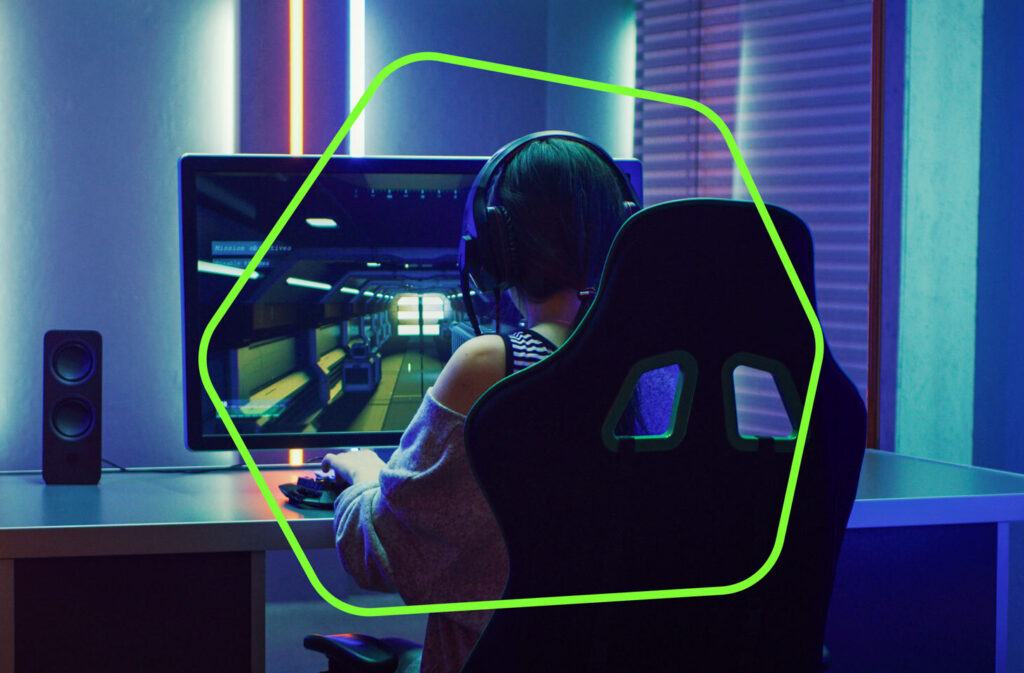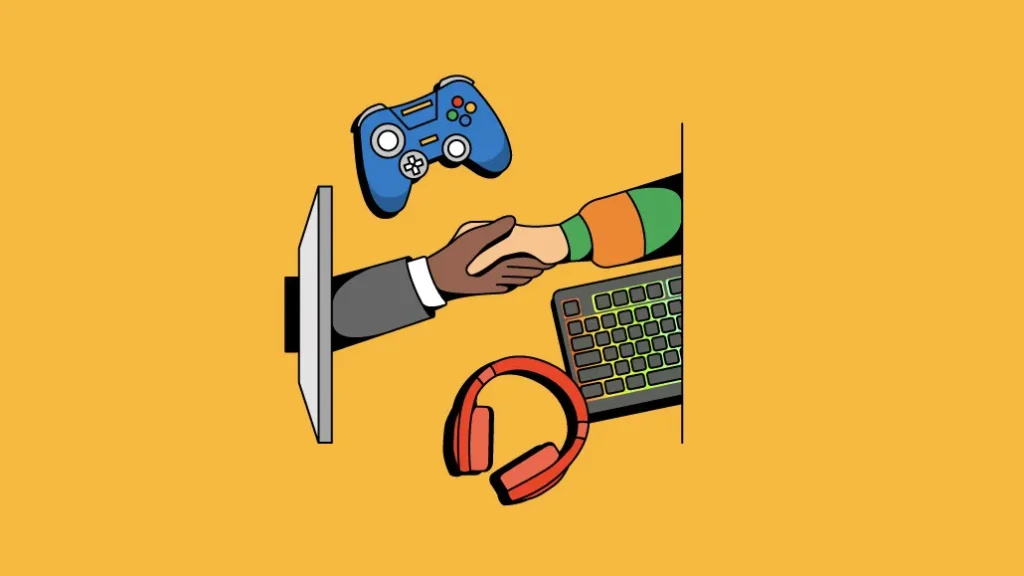Observers have long lauded chess as the summit of strategic brilliance, its sixty‑four squares a grand arena where intellect duels with legacy. Every opening move carries centuries of tradition, from medieval courts to modern clubs. Yet in the pixel‑lit present, video games have quietly redefined brain training. Instead of moves plotted like tactical manuscripts, digital realms demand split‑second choices, sensory immersion, and relentless adaptation. It’s a playful irony that if the brain had a high score, gaming would obliterate the leaderboard, streaking ahead with vibrant pixels and endless levels.
From Leaderboards to Neural Workouts
Enthralled players, accustomed to scaling leaderboards and collecting virtual loot, increasingly recognize that these mechanics double as mental weight plates. Whether you’re sprinting through timed obstacle runs, masterminding epic builds in sprawling RPGs, or leading squads in pulse-pounding shooters — from AAA powerhouses to indie gems on 32 cards casino game — you’re stacking mental reps that even grandmasters in chess can’t touch. Instead of a slow dance of bishops and rooks, gamers embrace rhythmic chaos — pivoting strategies mid‑battle, decoding flash patterns, and juggling objectives under vibrant, unpredictable conditions. This forges neural circuits primed for both present demands and tomorrow’s mysteries.
Five Cognitive Advantages of Gaming
- Rapid decision‑making under unpredictable, high‑pressure scenarios
- Multi‑sensory feedback that fires visual, auditory, and tactile circuits
- Adaptive challenge systems that scale difficulty to personal skill curves
- Social collaboration in multiplayer missions that builds communication skills
- Instant performance metrics and rewards driving iterative improvement loops
What Neuroscience Reveals
Neuroscience research underscores these intuitions. At institutions like Stanford and Rochester, volunteers playing action titles for two hours daily improved target‑tracking speed by up to 30 percent and visual attention by 20 percent compared to chess puzzle participants. Dynamic mazes and on‑screen hazards recalibrate perception far faster than analyzing static positions. Puzzle adventures also reinforce memory by requiring recall of environmental cues and complex patterns. These findings tip the scales in favor of interactive training environments. While chess hones focused foresight, gaming activates a broader network, engaging multiple cognitive domains in a single immersive session.
Genres That Double as Brain Gyms
Not all games train the brain equally — different genres deliver distinct mental workouts. Here are prime examples:
- First‑person shooters: Split‑second decision making and precision
- Real‑time strategy games: Resource management and macro thinking
- Puzzle‑platformers: Spatial reasoning and creative problem solving
- Role‑playing adventures: Long‑term planning and narrative comprehension
- Rhythm and music games: Timing, pattern recognition, and sustained focus
Serious Play for Real‑World Skills
Beyond leisure, games serve as training simulators for tomorrow’s challenges. VR surgery modules, drone‑piloting simulations, and coding platforms dressed as interactive worlds prepare minds for high‑tech careers. Gamified learning also appears in classrooms, where students solve historical crises or conduct virtual chemistry experiments. By blending play with purpose, serious games sharpen both hard skills and creative thinking — forging versatile talents ready for evolving industries.
Harmonizing Tradition and Innovation
This evolution doesn’t dethrone the venerable game of kings but complements its storied heritage. Chess remains a poetic discipline, fostering patience, calculation, and deep strategic vision. Yet an ideal mental regimen marries chess’s measured rigor with gaming’s rapid tactical tests. This synergy honors centuries‑old rituals while equipping minds for unpredictable challenges ahead. By blending legacy and innovation, learners cultivate a versatile intellect — anchored in history yet primed for tomorrow’s unknown puzzles.
Embracing Play as Mental Training
In the river of mental training, chess and gaming are twin currents feeding growth. Chess carves deep channels of concentration; gaming races across broad neural plains. Embracing both is like reading classic poetry and contemporary fiction — each enriches understanding. As observers stand at the confluence of past and future, they witness that play, whether on a board or in digital realms, remains one of the most potent catalysts for brain power. Curious minds should pick up a controller or a board — or both — and start the journey.

